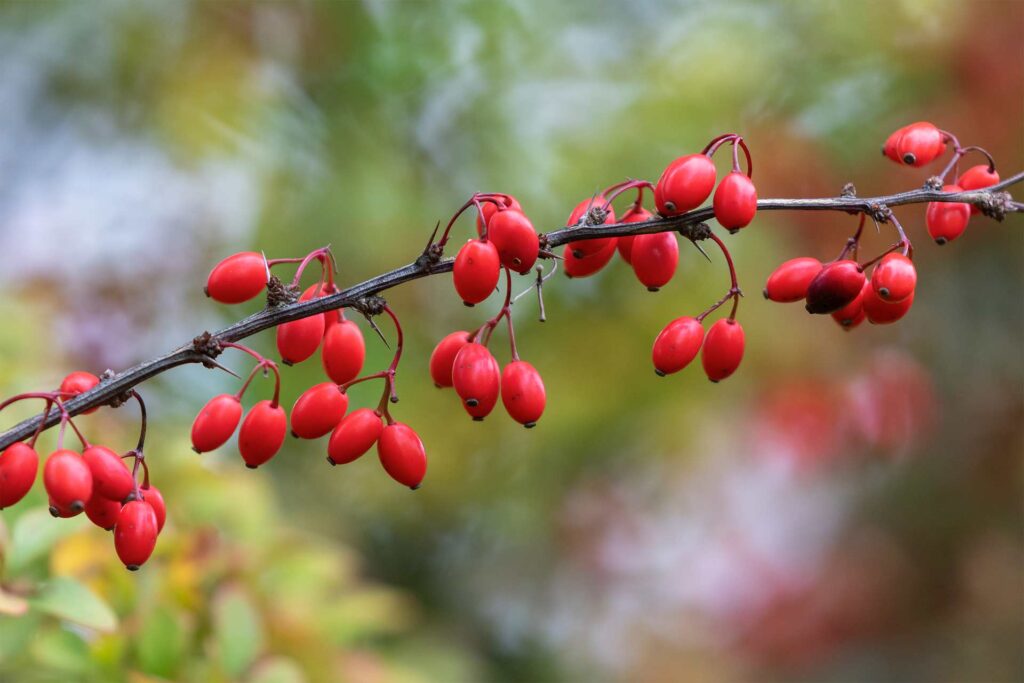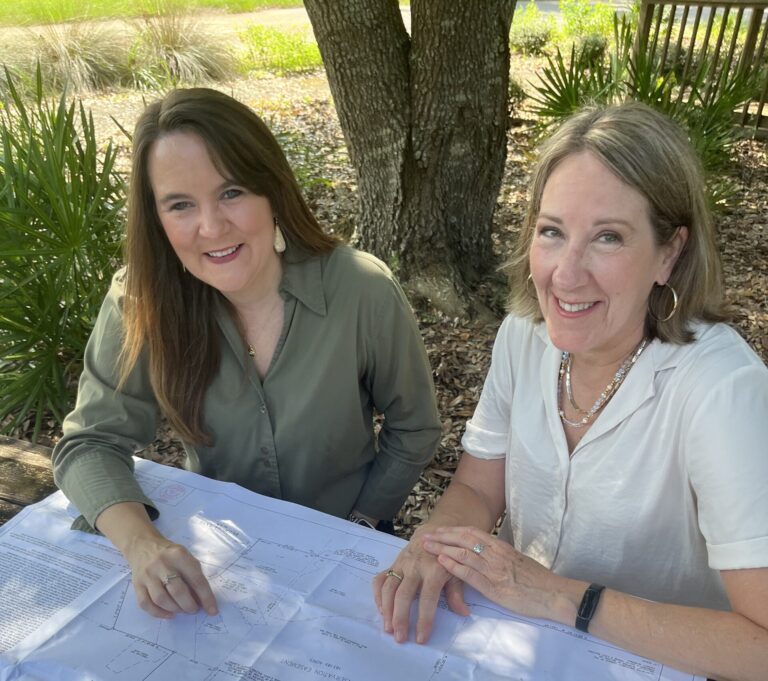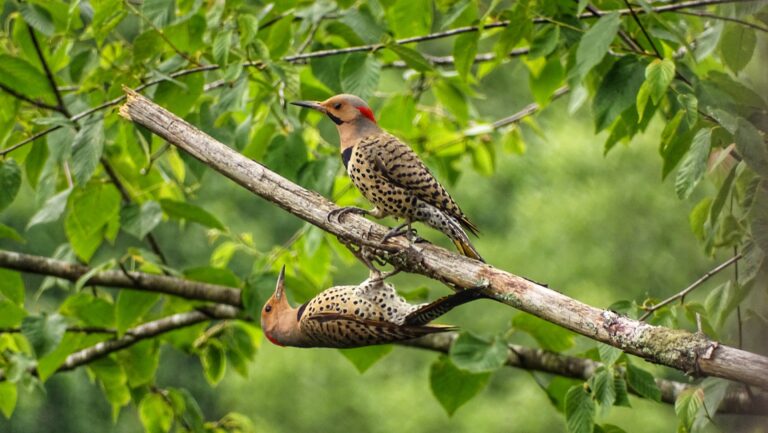30 Years. 30 Supporters.
South Alabama LandTrust has thrived for 30 years,thanks to hundreds of supporters ranging from casual volunteers to major donors to land owners.
As part of our anniversary celebration, we are telling stories of 30 individuals who have put their stamp on local conservation through their time, talent or treasure. We hope that in reading their stories youwill meet an assortment of like-minded people who enjoy the abundance of natural resources—the land, the water, and the wildlife—in south Alabama, and who are doing their part to protect what we have today, and for the tomorrows of those who come behind us.
In south Alabama, our natural resources define our way of living, our daily pleasures. There are some people, however, who know better than most of us just how precious these resources are, and how not protecting them can change our lives in ways we can only imagine.
Jimbo Meador is one such person. A certified Master Naturalist, Jimbo has more than 60 years of experience roaming the Mobile-Tensaw Delta. He’s made a living on or from the waters here, including running tugboats and shrimp boats, teaching fly fishing and acting as a fly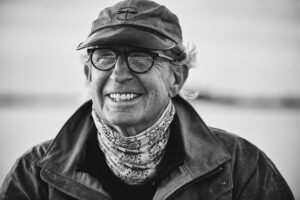 fishing guide for Orvis, covering the entire Gulf Coast as regional business manager for Orvis, and designing fishing kayaks and paddle boards.
fishing guide for Orvis, covering the entire Gulf Coast as regional business manager for Orvis, and designing fishing kayaks and paddle boards.
“I’ve been making a living in the outdoors and outdoor-related business since I was a kid,” Jimbo said. “My first boat, when I was 5 or 6 years old, was a cross-plank cypress skiff that you row. My buddy in Mobile made me my first cast net back then, and we would go fishing every chance we could. We sold everything we caught, except what we ate.”
Back when the water was clear in Mobile Bay, Jimbo would swim from his house on the bay to the Grand Hotel every day he was home. Today, he makes the trip on a paddle board or in his kayak. He also recalled being able to go spearfishing and floundering. “You could walk right out in the Bay and scoop up mullet off the botto
m because the water was so clear.”
Up until COVID, Jimbo was known for his tours of the Mobile Tensaw-Delta. Part of his motivation was to educate people about “what we’re doing that harms the Delta, and what we can do to protect it.” He understands all too well what’s at stake if we don’t protect these invaluable resources.
The Delta is a huge nursery ground for marine life. Years ago, there were huge grass flats in Mobile Bay that served as nurseries for juvenile seafood, Jimbo recalled. Those grass flats are gone now. “You can’t have clear water without grass flats, and you can’t have grass flats without clear water. It’s a serious problem, but what are we going to do about it?”
Jimbo talks about creating buffer zones between developments and waterways. “When I take people up in the Delta, I talk to them about why buffer zones are important. I hope it will encourage landowners – developers, farmers, homeowners – to set aside some land to create those buffers between the la
nd and the water”.
More than 10 years ago, Point Clear resident Dave Wirtes became the first landowner to enter into a conservation easement agreement with the then Weeks Bay Foundation. This was an important step toward protecting wetlands and pristine wildlife habitat, and it set into motion other conservation
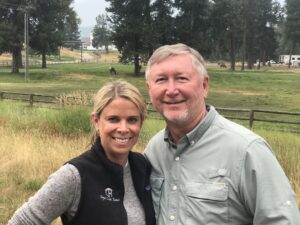
“I saw the value in preserving and protecting the wetlands,” Dave, a resident of Point Clear since 1990, said. “I saw this pristine habitat that is in close proximity to a lot of houses on Mobile Bay. Protecting it in perpetuity, and allowing South Alabama Land Trust to manage it, seemed liked the right thing to do.”ements with individuals and organizations, thus protecting land in perpetuity.eas
The Wirtes easement is on a 100-acre parcel toward the south end of Caldwell Swamp, on the east side of Scenic 98 in Point Clear.
